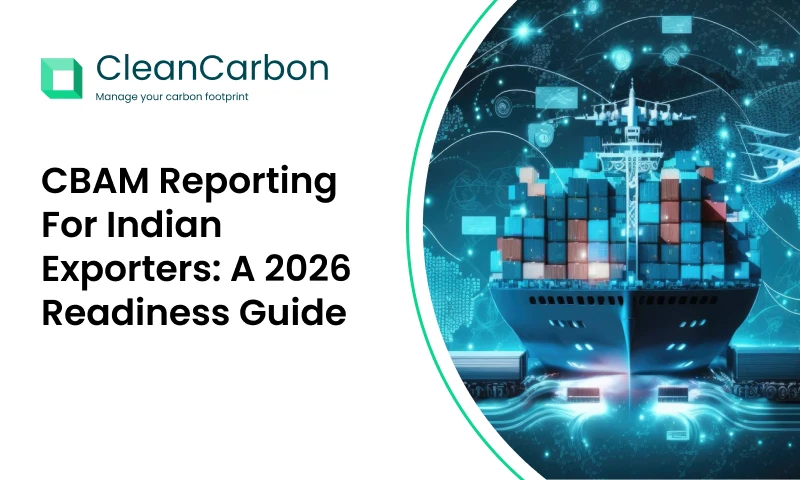What is ESG reporting software and why is it important?
In the wake of evolving environmental, social, and governance (ESG) priorities, the oil and gas industry faces a paradigm shift that demands a comprehensive reevaluation of risk management strategies. As the global spotlight intensifies on sustainability, stakeholders are increasingly scrutinizing the sector’s practices, demanding greater transparency, responsibility, and long-term viability. In this dynamic landscape, effective risk management becomes pivotal for oil and gas companies to thrive amidst ESG imperatives while sustaining operational excellence.
ESG Integration: A Catalyst for Change
Environmental Risks and Climate Change
Environmental risks take center stage in an ESG-centric world, where carbon emissions, resource depletion, and ecological footprints significantly influence reputation, regulatory compliance, and market access. Climate change-related risks pose both physical threats, such as extreme weather events impacting infrastructure, and transition risks, including regulatory changes and shifts in consumer preferences towards cleaner energy sources. Oil and gas companies must mitigate these risks by embracing energy transition strategies, reducing emissions, and investing in renewable energy alternatives.
Social and Governance Challenges
Integrated Risk Management Strategies
1. ESG Integration into Business Strategy:
Embedding ESG considerations into core business strategies ensures alignment with long-term sustainability goals. Companies are incorporating ESG metrics into performance evaluations, executive compensation, and investment decisions to foster a culture of accountability.
2. Stakeholder Engagement and Transparency:
Meaningful engagement with stakeholders, including communities, investors, regulators, and non-governmental organizations, fosters trust and facilitates transparent communication. Regular reporting on ESG metrics and initiatives demonstrates commitment to sustainability goals.
3. Technology and Innovation:
Embracing technological advancements and innovation plays a pivotal role in mitigating environmental risks. Investing in clean technologies, digital solutions for efficient operations, and data analytics enables companies to reduce emissions, optimize resource usage, and enhance operational efficiency.
4. Risk Assessment and Scenario Planning:
5. Collaboration and Partnerships:
Embracing Change for Sustainable Growth
Conclusion
In conclusion, navigating risk management in an ESG-focused oil and gas world demands a fundamental rethink of traditional approaches. Embracing ESG considerations presents an opportunity for the industry to evolve, innovate, and demonstrate commitment to sustainable practices. By integrating ESG principles into risk management strategies, oil and gas companies can effectively mitigate risks, build resilience, and secure a sustainable future in an increasingly ESG-conscious world.






